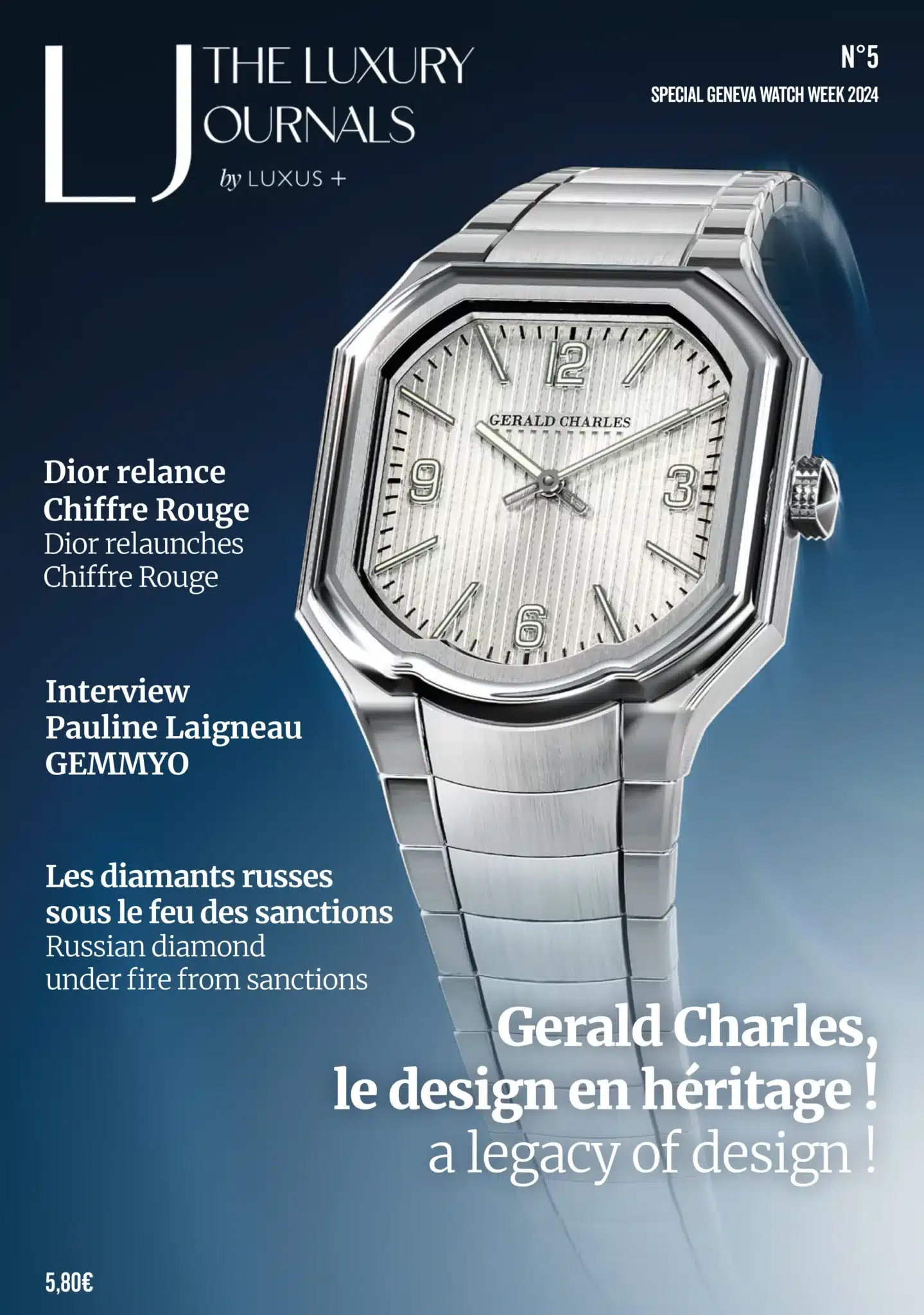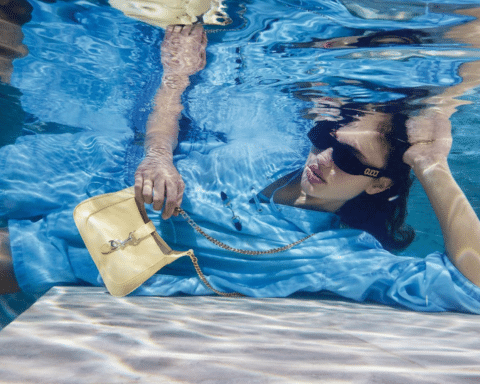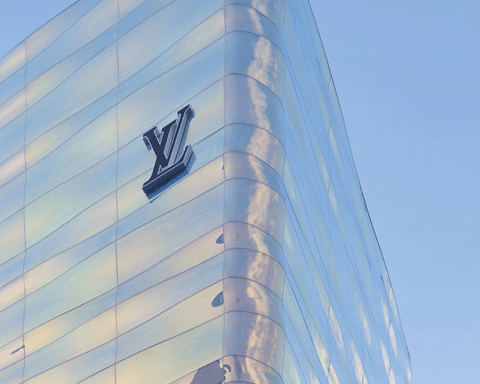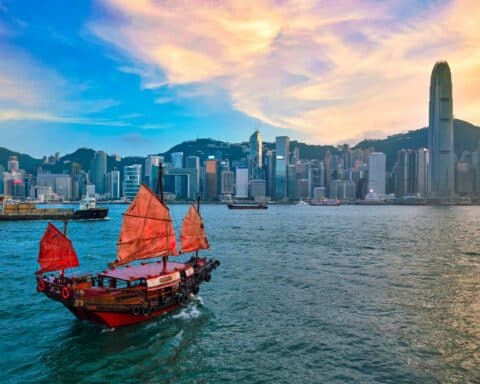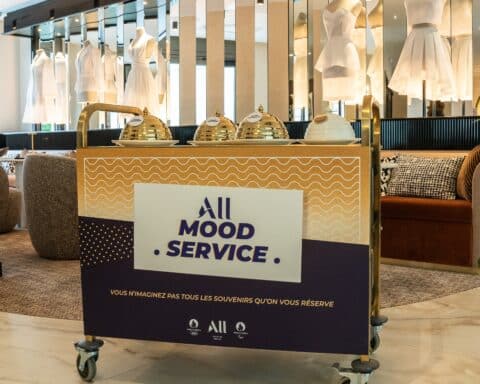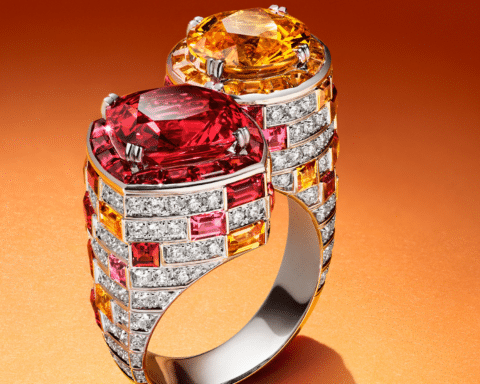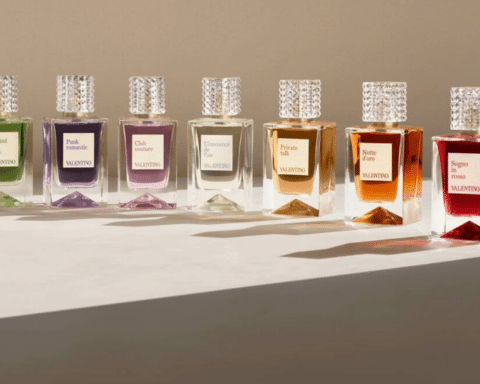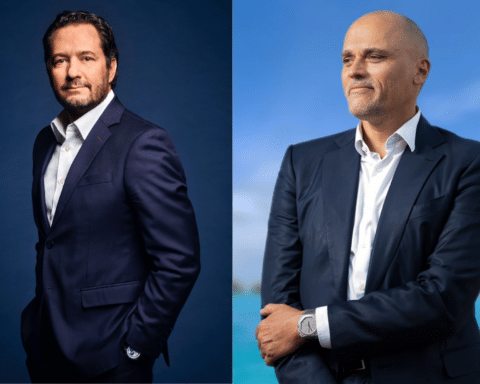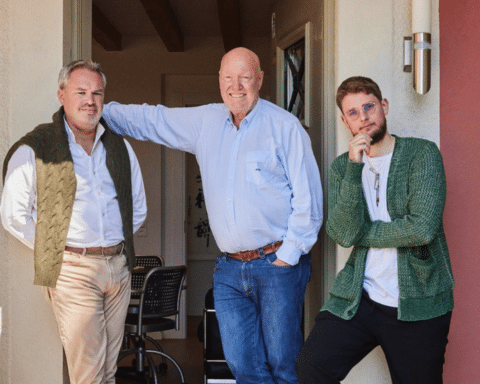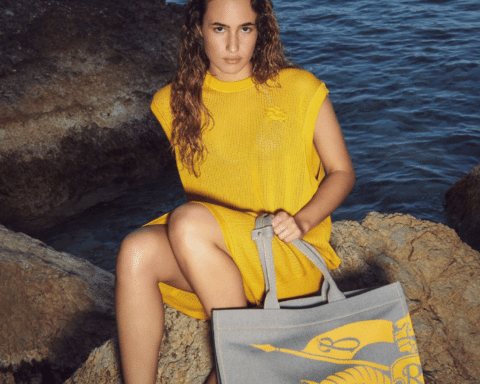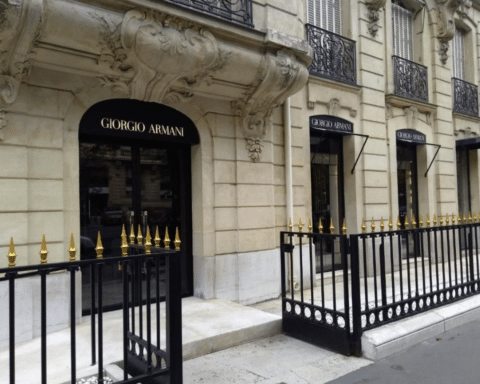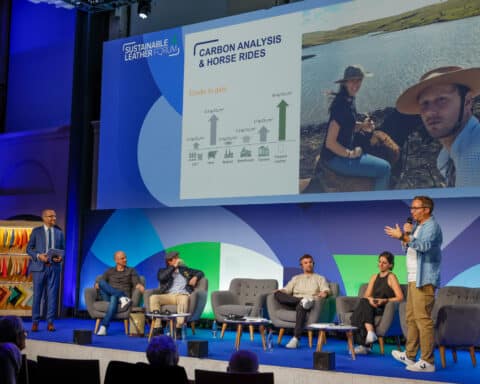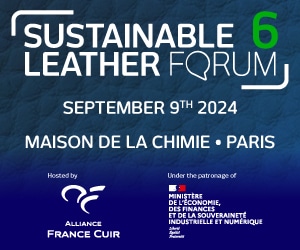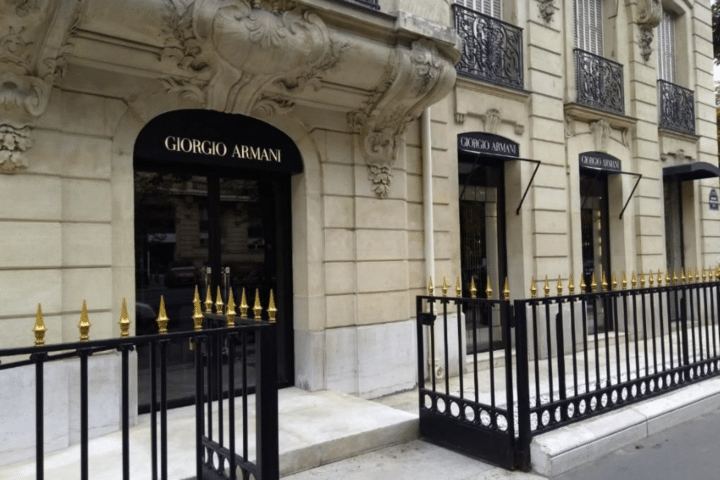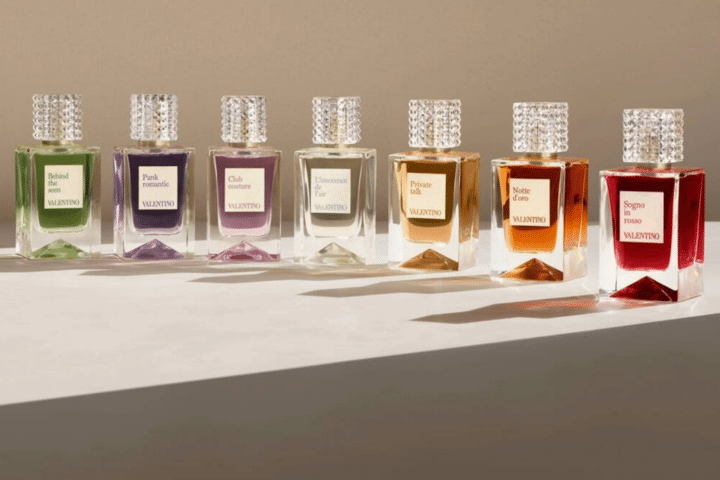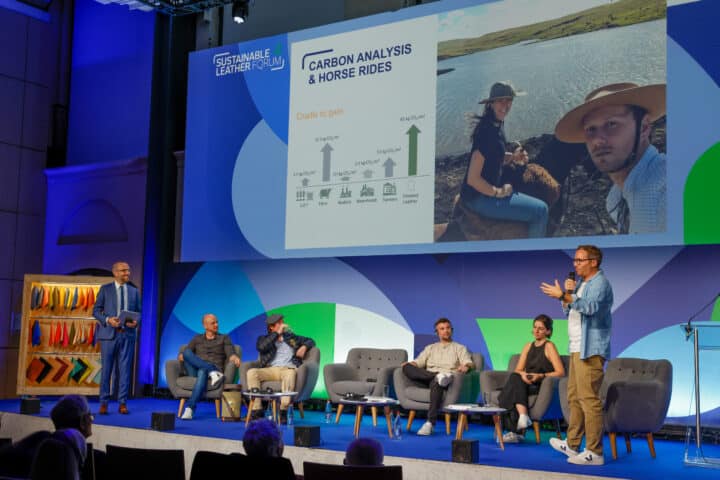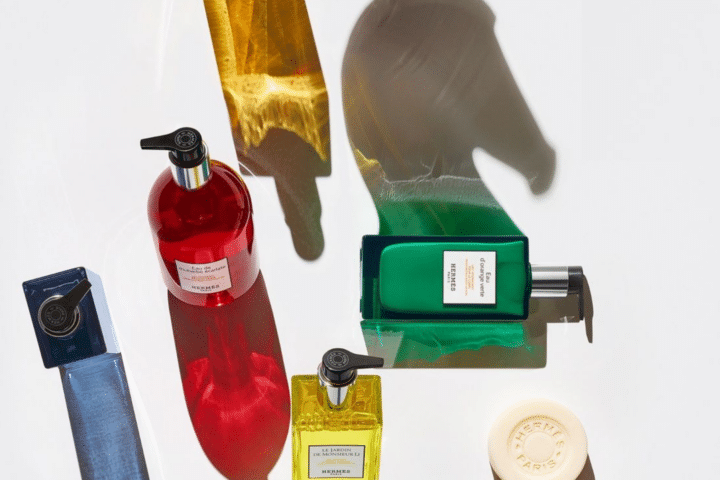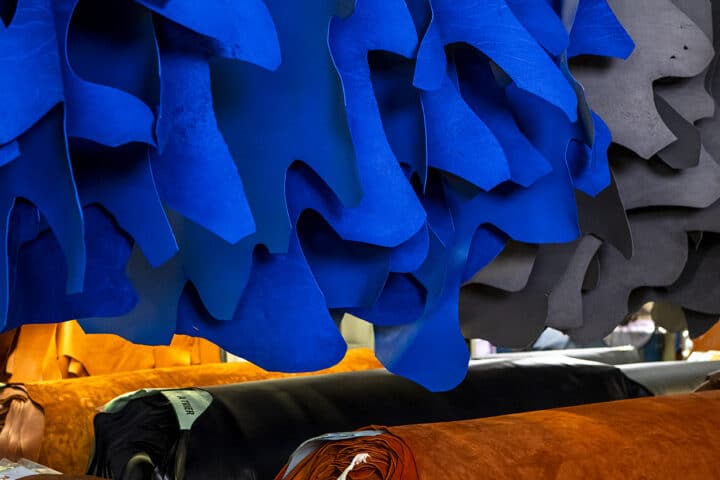[vc_row njt-role-user-roles=”administrator,armember”][vc_column][vc_column_text]
According to the Environment and Energy Management Agency (ADEME), the purchase of clothing has increased by 60% over the past fifteen years. However, 40% of French people buy less clothes for ecological reasons. This awakening of consciousness has placed garment repair at the heart of the challenges that the fashion and luxury industry faces today. But what does this eco-responsible consumption really represent for the sector? Will the second-hand overtake fast fashion?
At a time when respect for the environment was not at the heart of concerns, Robert Dumas, grandfather of Axel and Pierre-Alexis Dumas – respectively manager and artistic director of the Hermès house – affirmed: “Luxury, that’s what repairs itself .” Since then, Hermès regularly repairs up to 100,000 pieces in its workshops. For its leather goods alone, the firm has 80 artisans specialized in their repair. Likewise, J.M Weston repairs up to 10,000 pairs per year in a workshop of its Limoges factory. A complete restoration is done in eight weeks because it involves resoling the shoe.
This anticipation of product aging and the emphasis on their long-term maintenance have been observed in universities, heralding real change to come for the luxury and fashion industry. In this sense, Aurélia Gualdo, doctoral student in anthropology at the EHESS school, notes the gradual emergence of a “restorative dimension of fashion.” In the same way, Serge Carreira, lecturer at Science Po, specifies that “the luxury product carries in itself a sustainability value which includes repairs […] These initiatives carried and launched by the luxury sector are starting to emerge everywhere in different fashion segments.”
Many examples of eco-responsible initiatives could illustrate Serge Carreira’s words. For example, Jean Touitou, the founder of the A.P.C. label, has been offering his customers to bring back their worn jeans in exchange for a new one. The old denim is darned and reinserted on the market. This extension of the product life cycle is a method also adopted by the Veja sneaker brand. The latter has opened an eco-responsible shoemaking space in Bordeaux, where it is possible to repair or recycle your pair of sneakers, regardless of the brand. In launching its initiatives, the founders of Veja – François-Ghislain Morillion and Sébastien Kopp – were inspired by Patagonia. Since 2017, this sustainable outdoor clothing firm has been offering the Worn Wear program, whose goal is to repair and recycle used clothes, regardless of where it come from.
The willingness that is at the center of these initiatives is eminently ecological. As the bag designer Jérôme Dreyfus recalled in early September, “protecting the planet is not a business but a duty.” The recent emergence of businesses entirely focused on the issue of reparation, however, contradicts Jérôme Dreyfus’s assertion. According to Marie Maçon and Anne-Laure Lesquoy, the founders of a brand which makes chic patches, Maçon & Lesquoy, specialized companies such as La Clinique du jean, Superstitch or even Sneakers & Chill constitute a proof “that repair, in addition to do good is a profession of the future.”
Read also > APRÈS CHAUMET, C’EST AU TOUR DE DIOR DE LANCER SA NOUVELLE SÉRIE DE PODCASTS SUR L’UNIVERS DE LA JOAILLERIE
Featured photo: © Paul Lesourd[/vc_column_text][/vc_column][/vc_row]


